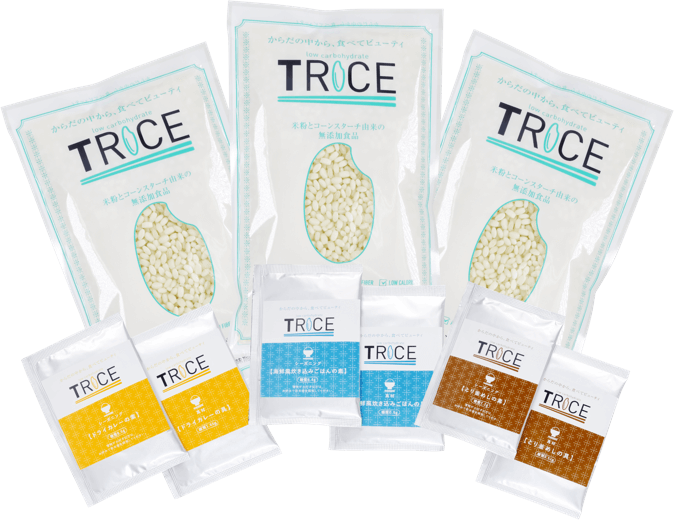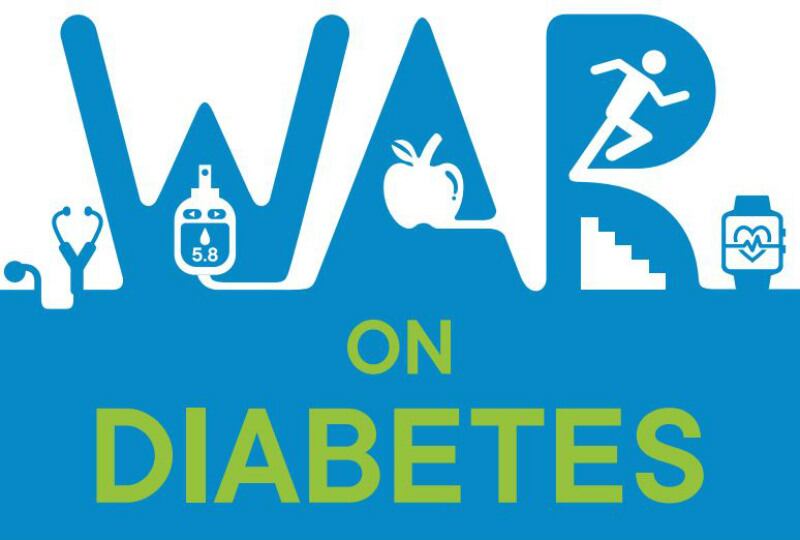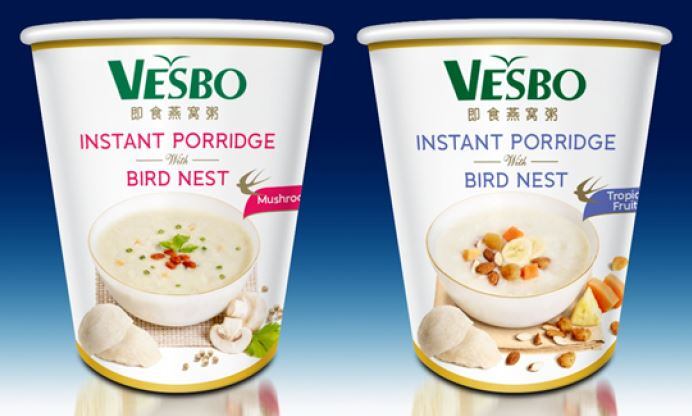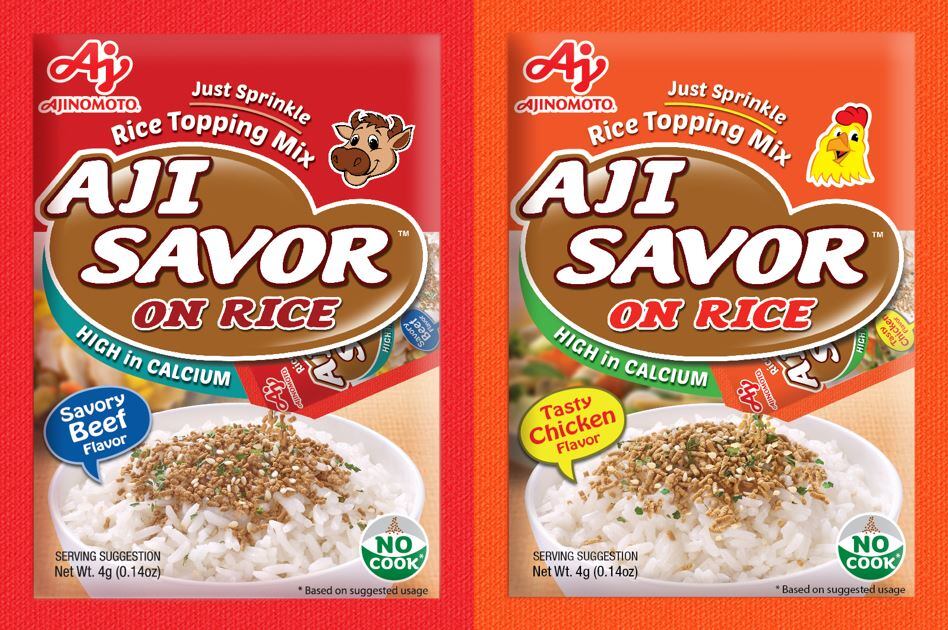The firm is in the process of selling Trice in local supermarkets and convenience stores. It is also considering entering new markets including Thailand, China and United States.
At present, Trice is only available in Japan, via its online store, gyms and e-commerce site Qoo10. It first launched in October 2018.
Low sugar, high fiber
Trice is 77.9% lower in sugar, 40% lower in calories, and 90% higher in dietary fibre compared to conventional rice.
According to Hiroshi Obuchi, the representative director and president of KBS Corporation, Trice is made from Japanese rice flour, corn starch and resistant starch.
Most low-carbohydrate rice in the market are made of konjac and vegetables, but Obuchi said Trice is a low-sugar product that is ‘closer to rice’.
Obuchi explained 100g of Trice contains 27.7 g of dietary fibre, compared to just 0.3g in conventional rice.
“Trice is rich in dietary fibre and has the effect of improving the intestinal environment,” he said.
Trice contain less sugar at 8.1g/100g compared to conventional rice (36.8g/100g) and fewer calories at 100kcal/100g compared to 168kcal/100g.
Who is it for
Obuchi told FoodNavigator-Asia, Trice is suitable for people with diabetes as well as consumers and athletes on the ‘sugar restriction diet’.
According to a survey conducted by the Ministry of Health, Labour, and Welfare in Japan, there were approximately 20 million diabetic and pre-diabetic people in the country.
Obuchi told us that he was currently working with a hospital to study changes in blood sugar and body fat in patients after Trice consumption.
He added it could also be used for various rice dishes such as risotto and paella.
Trice is manufactured locally, and retails for JPY400 (US$3.70) per 150g.
The parent company of KBS Corporation is Keibunsha, a printing company. Obuchi told us: “The printing market is declining and the trend toward paperless is progressing, we believe that if we sell Trice, the boxes and films involved can be monopolised by Keibunsha.”
Besides its rice product, Obuchi said KBS Corporation will be developing freeze-dried and sugar-free sweets in the future.




